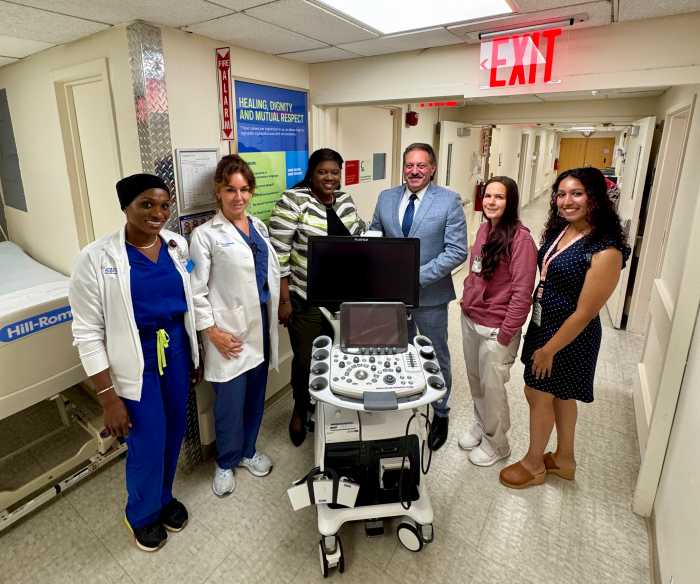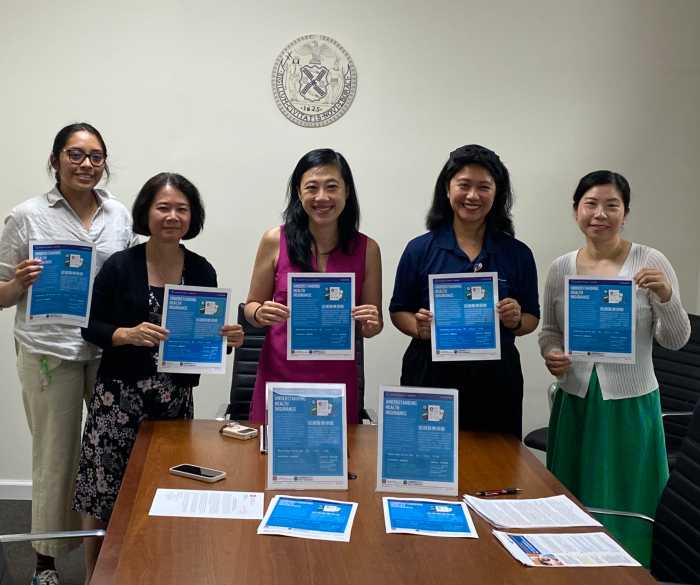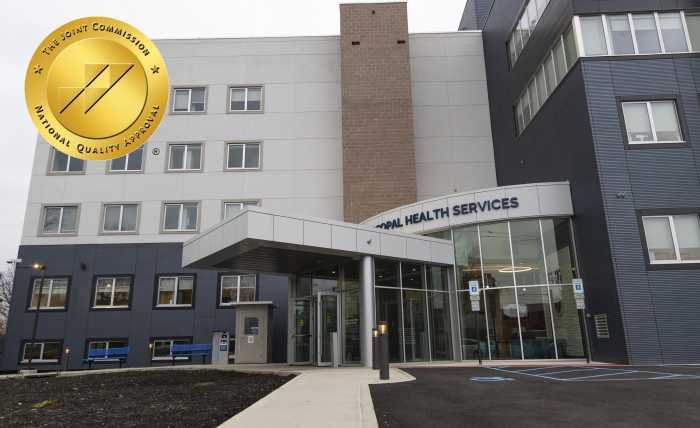This column spoke about Rabbi Bennett Blum, M.D., an internationally acclaimed expert in geriatric and forensic psychiatry in the last edition of HealthWise regarding, perhaps, a meaningful coincidence.
Dr. Blum’s pioneering work, “PARADISE-2,” is helping healthcare professionals, and now the public, understand and evaluate diminishing capacity in the elderly. My book, “Paradise Costs,” a painful personal narrative about my elderly father’s death and an exploding social ill, elder abuse and exploitation, coincidently used the same word.
In late 2007, the psychiatrist and I met “by accident” when my book debuted on the Internet. He wrote to me and generously asked if he could possibly help me. The synergy may speak for itself in that his pioneering assessment techniques are now the afterword in the second edition of my book.
Dr. Blum, a high visibility expert, provides worldwide services in several specialized medical and psychiatric fields. He has offices in Tucson and Los Angeles, runs a not-for-profit organization, testifies as an expert witness, is a government consultant on issues of the aging, lectures and works with groups seeking to educate our nation about elder abuse and exploitation, and more.
I asked him, “How do you keep yourself spiritually balanced?” His reply was, “In Judaism, the rabbis say that life is so overwhelming, it is easy to get caught up in day-to-day tasks and lose sight of our higher purpose.” He credits a two-word prayer taught early in life to Jewish children. That prayer, to be said immediately on waking, is simply: “Thank you.”
Dr. Blum expressed the importance of life’s simplest pleasures and his knowledge that it takes effort to appreciate them. When asked what he wanted to share with our readers about leading a spiritual life, he responded with a quote from Confucius: “Whatever is hateful to you, don’t do to anyone else.”
We also him asked about the holiday season and how to cope with some of the more challenging feelings many report. Dr. Blum shared insights he explained as “common sense”:
Dr. Blum, an expert at making complex thought breathtakingly simple, described the split between science and spirituality: “Science describes the mechanisms that run the world. Spirituality attempts to put into perspective the bigger questions like what is [our] purpose in relation to the Universe.”
When asked about the way people are suffering these days, Dr. Blum answered, “I don’t believe in the old adage that pain is inevitable and suffering is an option. Suffering isn’t optional. The more you care about other people, the more you are going to hurt for them.”
I asked him to comment on the coincidence of his acronym, “PARADISE 2,” and my book, “Paradise Costs,” having the same word in the title, as well as the same subject.
Dr. Blum’s response: “It’s about making lemonade out of lemons. Why and how aren’t really important. The question remains…what can we do with it and how can we make the world better?”
A famous physician in Arizona and an ordinary writer in New York will be taking up that challenge in 2009 by working together to write pamphlets with the above goal in mind. We will be offering information about elder abuse and exploitation to help educate 78 million baby boomers about a social ill that will affect as many as 15-25% of the elderly.
Irene A. Masiello is the author of “Paradise Costs—A Victim’s Daughter Fights Back Against Elder Abuse,” Afterword by Rabbi Bennett Blum, M.D. She is also a Certified Holistic/CORE Counselor, Adult Educator and Stress Management Consultant. Visit www.ParadiseCosts.com and www.BennettBlum.com for more information; or call 718-776-5644.





































